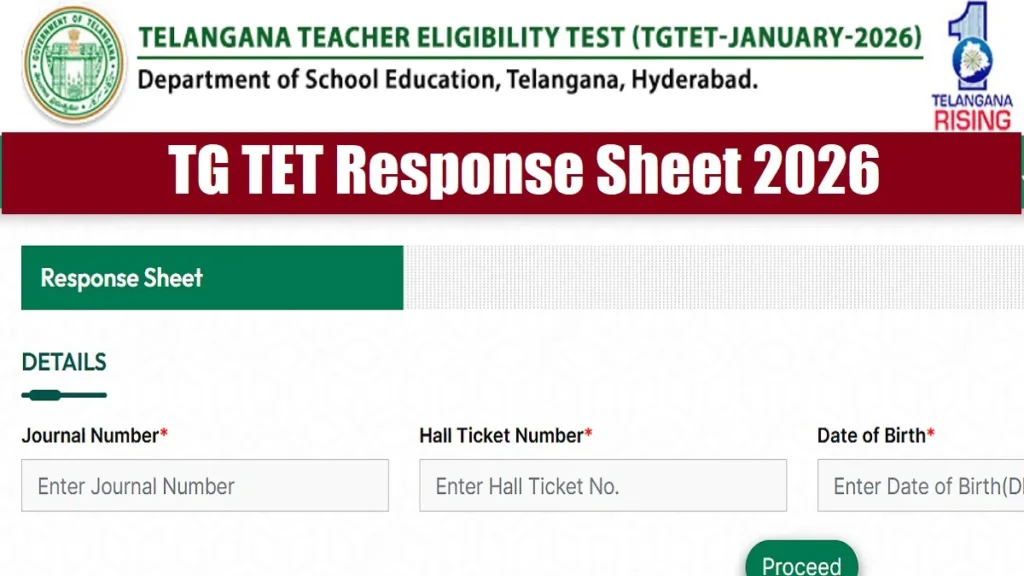Now Reading: KAMS Stands Firm: No Age Relaxation for Class 1 Admissions, Emphasizing Developmentally Appropriate Learning
-
01
KAMS Stands Firm: No Age Relaxation for Class 1 Admissions, Emphasizing Developmentally Appropriate Learning
KAMS Stands Firm: No Age Relaxation for Class 1 Admissions, Emphasizing Developmentally Appropriate Learning

The Karnataka Associated Managements of Schools (KAMS) has reiterated its firm stance against any relaxation in the age criteria for Class 1 admissions, sparking renewed debate among parents and educationists. The organization, representing a significant number of private unaided schools across Karnataka, argues that adhering to the prescribed age limits is crucial for ensuring developmentally appropriate learning and fostering a strong foundation for children’s education.
The ongoing discussion stems from persistent demands by some parents seeking age relaxations, citing various reasons, including perceived academic advantages for younger children and delays caused by pandemic-related disruptions. However, KAMS maintains that compromising on the age criteria would ultimately be detrimental to the child’s holistic development.
Developmental Readiness at the Forefront:
KAMS’s core argument rests on the principle that children’s cognitive, social, and emotional development progresses at different paces. The prescribed age for Class 1 admission, typically six years, is aligned with established educational guidelines that consider a child’s readiness for formal schooling.
“Introducing a child to a structured academic environment before they are developmentally prepared can lead to undue stress and anxiety,” explained [Name], President of KAMS. “It can also impact their self-esteem and create a negative perception of learning, which can have long-term consequences.”
The organization emphasizes that children below the prescribed age may struggle with the demands of the Class 1 curriculum, which includes reading, writing, and basic mathematical concepts. This can result in academic pressure, potentially leading to learning difficulties and a lack of interest in education.
Consistency and Uniformity in Education:
KAMS also highlights the importance of maintaining consistency and uniformity in the education system. Relaxing the age criteria would create disparities among students, making it challenging for teachers to cater to the diverse developmental needs of the class.
“A classroom with a wide age range can pose pedagogical challenges,” stated [Name], Secretary of KAMS. “Teachers have to adapt their teaching methods to accommodate students with varying levels of cognitive development, which can compromise the quality of education for everyone.”
Furthermore, the organization argues that adhering to the prescribed age limits ensures a level playing field for all students, promoting fairness and equity in the education system.
Addressing Parental Concerns and Alternative Solutions:
While acknowledging the concerns of parents seeking age relaxations, KAMS suggests exploring alternative solutions that prioritize the child’s well-being. These include:
- Pre-primary Education: Emphasizing the importance of quality pre-primary education, which provides a strong foundation for formal schooling. This stage focuses on play-based learning, fostering social skills, and developing early literacy and numeracy skills.
- Individualized Learning Plans: Encouraging schools to adopt individualized learning plans for children who require additional support. This approach allows teachers to cater to the specific needs of each student, ensuring they progress at their own pace.
- Counseling and Guidance: Providing counseling and guidance to parents on the importance of developmentally appropriate learning and the potential consequences of early admission.
- Bridge Courses: Implementing bridge courses for students who might have missed developmental milestones due to pandemic related disruptions, allowing them to catch up before entering class 1.
The Role of the Government and Educational Authorities:
KAMS also calls upon the government and educational authorities to enforce the prescribed age criteria strictly and to provide clear guidelines to schools and parents. The organization believes that a unified approach is essential to ensure the effective implementation of the age policy.
“The government should take a proactive role in educating parents about the importance of developmentally appropriate learning,” said [Name], spokesperson for KAMS. “They should also provide adequate resources and support to schools to implement individualized learning plans and bridge courses.”
The Ongoing Debate and Future Outlook:
The debate surrounding age relaxation for Class 1 admissions is likely to continue, with parents and educationists expressing diverse opinions. However, KAMS’s unwavering stance underscores the importance of prioritizing children’s developmental readiness and ensuring a strong foundation for their educational journey.
The organization hopes that the ongoing dialogue will lead to a greater understanding of the principles of developmentally appropriate learning and a collective commitment to providing quality education for all children. Ultimately, the focus should remain on creating a nurturing and supportive learning environment that allows each child to thrive and reach their full potential.









